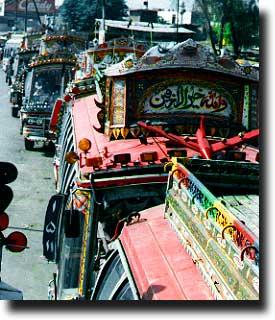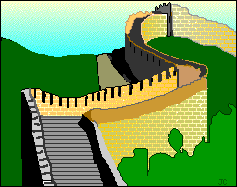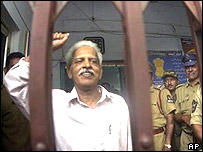he died a few years ago. many, including his associate varavara rao, suspect it wasn't a brain tumour that killed him. perhaps it was too muted an exit for a firebreathing revolutionary? ideally, he should have been killed encountering a surprised police party. surreptitiously leaving a secret conclave deep in the jungle, picking his way through dirt tracks made fresh by every passing tyrant, skirting shrines guarded by the untiring hag
yellamma and skipping over heaps of sleepless ants raiding mounds of sugar left at this peer's grave or that. he should have paused and scratched himself, weary from the relentless probing of the
thumma shrubs, tugged at his trouser buttons and then stopped. he should have stepped aside a little, thinking the other dalams couldn't possibly have been at this spot just half a century ago : the scorpions have this thing for warm rebellious blood. and then picking up a rapid pace, for he should have neared the village by now, he should have quickly looked around, crossed the little dirt road, and stepped down into the fields. that's when his arrival should have been noticed. he should have started trying to regain his pace on the raised, narrow path between the beds, slipped and fallen. the sharp edges of the cut, dried stalks should have made him feel a little disoriented, and then a little foolish. he should have understood then someone else had been there before him. he should have looked up and gaped right into the big dark-blue eye of the sky, speckled with bold white dots, staring back, unblinking. embarassed, he should have lowered his eyes and then slowly raised them : to the furrowed
maktha bavi where the razakars had tossed in the communists, to the pit, marked by the tamarind tree, where the communists had buried the razakars...and onward to the barha darwaza of the
garhi, to its top, to the giant hook where the severed head of the butcher malli mian had been hung, as a kind of trophy, and still upward to the terrace above the darwaza where the naqqara drums had stopped keeping time, fifty years ago. and then his eyes should have followed the huge walls of the garhi, the ramparts, the saw-teethed battlements... and thought about what decayed, but refused to die inside. the sheesh mahal, its walls still as smooth as the eggs that were used in its plastering, the glass-paned windows still reflecting the blues and greens of europe. and the scented fountains and the baths and the
deodi and the orchards and other transplanted splendors. and the chiselled ugly rock, on a raised platform abutting a bastion, where the intransigent would be decapitated. the
cherabanda.
and then he should have thought about the village outside the walls, which had been razed once, twice, thrice by the razakars as they went mad and invaded their absent neighbours... and then one errant neighbour had gone mad and refused to run away...perched atop the roof of his home, his infant son clinging to his side, he had maintained a night-long vigil with his unwieldy gun and his shouts and .....the madness had then spread..and more neighbours had come back, and the dalams..and everything had been fine for a while..the garhi had been looted..the
desmukh had been chased away..the razakars lynched..and everyone was having a one fine revolution..and it had to end. the red flags had withered in the fields because the dalams went back to the hills and then the real battle began..
he should have then turned his gaze away from the village and made up his mind. he should have turned towards the hills and the river, and started walking towards them. it should have been the season when everyone is deluded into wealth..white, blue, yellow, red flowers bloom and even the grasses raise their spines tall and sprout pinkish white, mock flowers- ready to be offered to
bathukamma. he should have carried the wild, living scents to the hills where the policemen waited. poet that he was, he couldn't have resisted the temptation.
then he should have been 'shot, after having refused to surrender ' . his long-dead, bearded accomplices, strewn around him, should have backed up the report.
and the river, the only witness, should have just chugged along...like it did when
pothana refused to yield to the king, like a passer-by at a traffic 'mishap'. or should it have been the other river from the north-west, flowing much further south, where
nagarjuna had built a university for
the word ?
Song of Justice
-Cherabanda Raju
We battered the mountains
and crushed the rocks
With our muscle stones
built barrages
But who got the riches
and whose was the labour?
We cleared the stones
and tilled the wastelands
With our sweat streams
watered the crops
But who got the food
and whose was the seed?
We built our looms
and spun each thread
With our nerve yarns
wove many a cloth
But who donned it in fashion
and whose was the effort?
We worked the machines
and produced plentiful
With our blood current
ran the factories
But who built the mansion
and who lived in the hut?
Knowing the reason
we’ve taken to arms
We’ll rise up as one
for an unceasing fight
Victory will be ours
and death yours.
Translated from Telugu by Dr. V. Rama Murthy.






